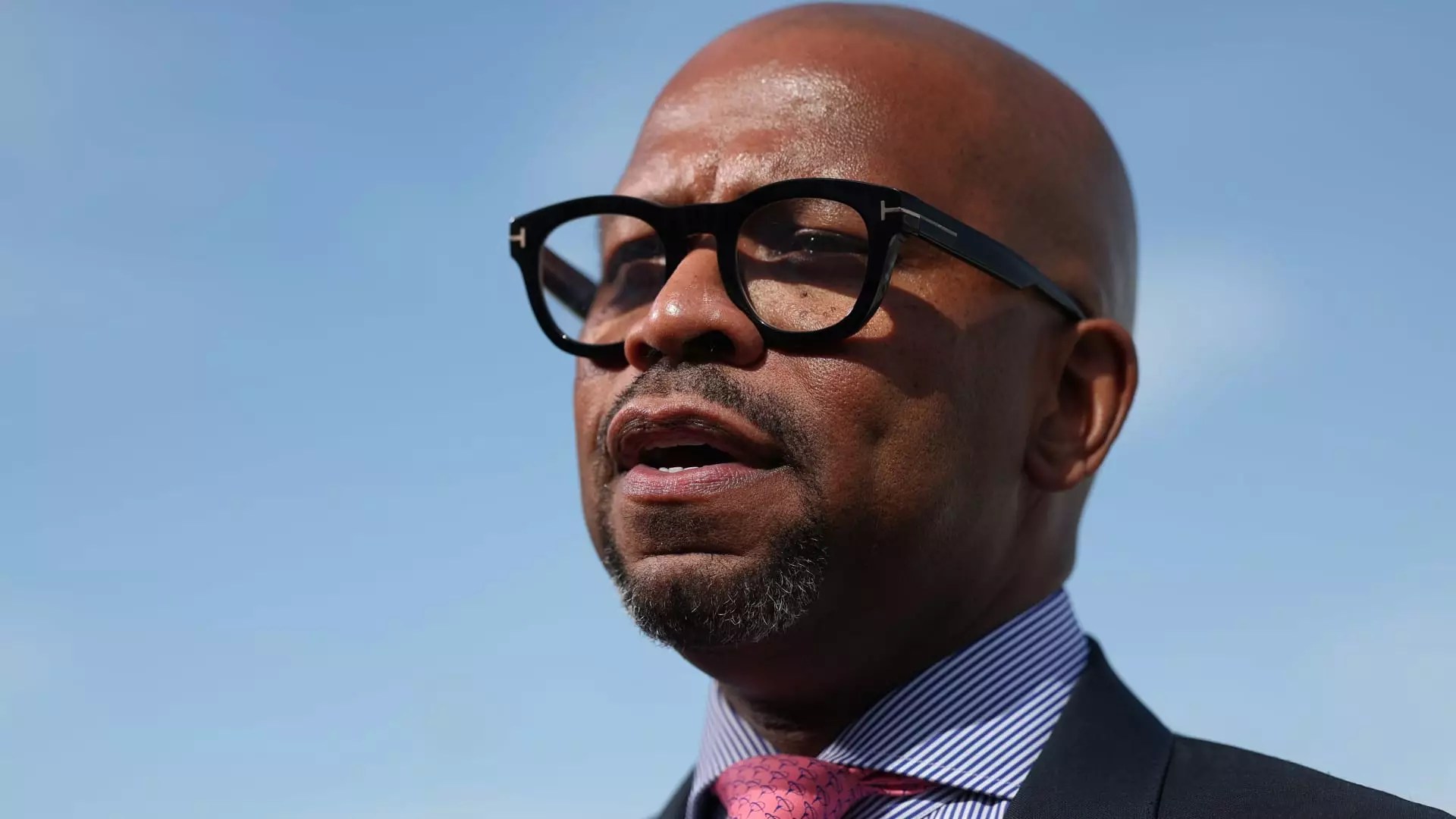The unexpected exit of Ted Colbert from his position as head of Boeing’s defense division has marked a significant turning point for the aerospace giant. This decision, announced by CEO Kelly Ortberg, represents not only a reshuffling of leadership but also a crucial moment as Boeing endeavors to mend its corporate image and restore confidence among its clientele. Ortberg’s comments highlight the urgency of this transition, emphasizing the necessity of meeting customer expectations and addressing the challenges that have plagued the defense unit. Colbert’s departure, following a commendable 15-year tenure, raises numerous questions about the direction of Boeing’s defense, space, and security operations, which are vital to the company’s overall financial health.
Leadership transitions can serve as catalysts for change, but they also come with uncertainties, particularly in a company as multifaceted as Boeing. Ortberg’s acknowledgment of Colbert’s contributions before the immediate appointment of Steve Parker—who is stepping into the role as acting chief until a permanent successor is identified—indicates a desire for stability amidst changes. However, the broader implications of this shift are strategic in nature. The new interim leadership will need to address significant operational difficulties that have led to production delays and severe budget overruns, which could tarnish Boeing’s reputation within the defense sector.
Production Challenges and Revenue Pressures
Boeing’s defense division accounts for a substantial 40% of the company’s revenue, underscoring the importance of efficient operations and effective leadership. The revelation of ongoing issues with production—particularly concerning the new 747s designated for Air Force One—highlights systemic obstacles that previous leadership struggled to surmount. The toll of these hurdles is evident, and how quickly Parker can implement changes will be critical for Boeing not only to stabilize its financial outlook but also to enhance operational integrity.
The Broader Context of Space Exploration
Beyond immediate production dilemmas, Boeing’s standing in the aerospace industry is further threatened by setbacks in its space initiatives. The company’s Starliner program faced significant criticism when NASA confirmed that astronauts would instead return via SpaceX’s Crew-9 vehicle. This setback not only undermines Boeing’s credibility in the competitive space exploration sector but also raises concerns about its capacity to deliver on governmental contracts. As attention refocuses on the defense unit, it becomes paramount for Boeing to alleviate these reputational risks and demonstrate reliability in both defense and space initiatives.
As Boeing navigates this leadership change, the path forward involves a concerted effort to rebuild trust with customers and stakeholders alike. Ortberg’s message of collaboration aims to inspire collective improvements in performance and accountability. It remains to be seen how effective these strategies will be under interim management and who will emerge as the new leader responsible for steering the defense unit toward a more stable future. For investors and partners, the coming months will be critical to gauge not just whether Boeing can rectify its production issues but whether it can successfully regain its standing as a titan in the aerospace industry.


Leave a Reply